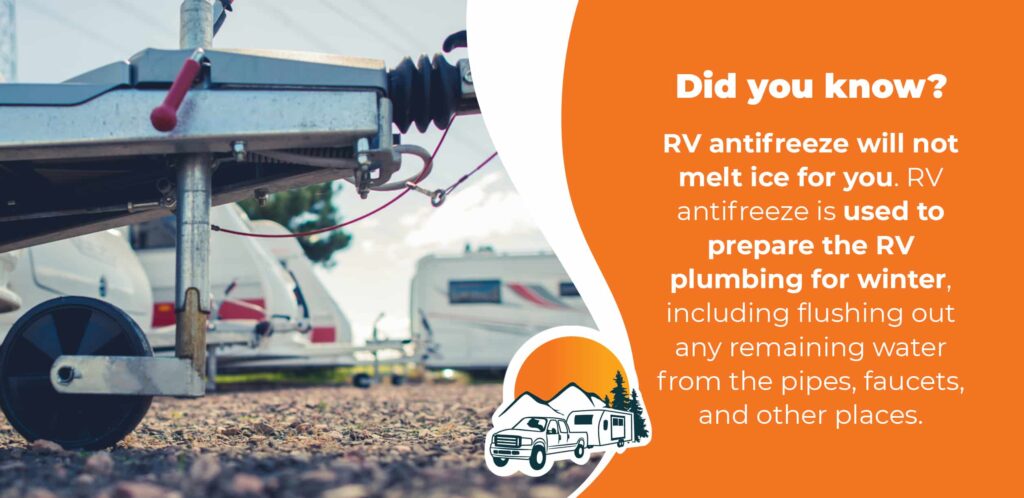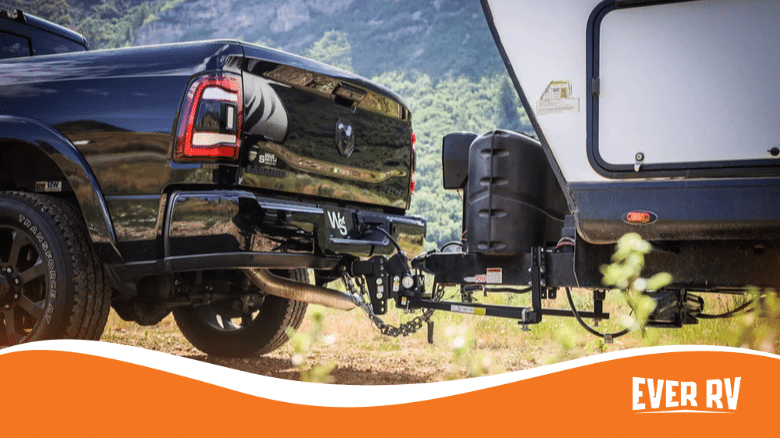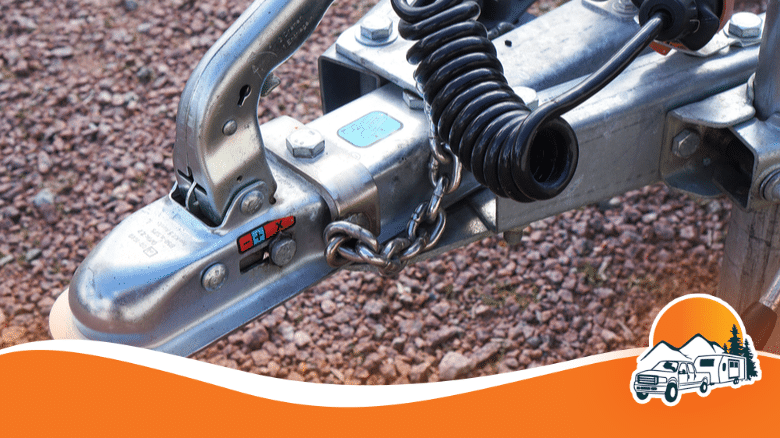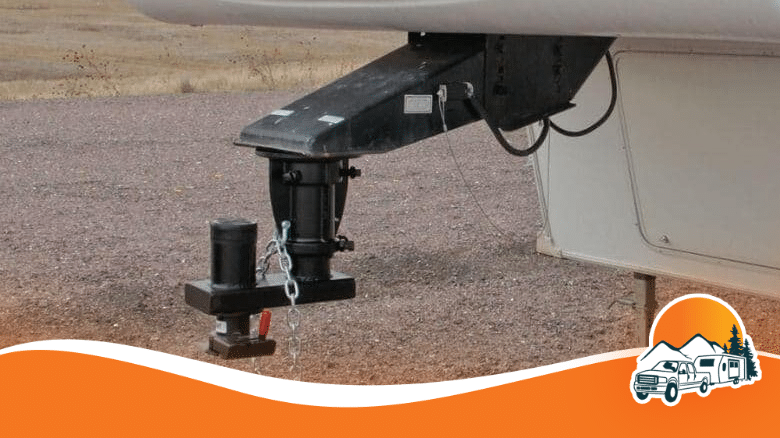Picnicking with an all-rounder RV is fun and games until you end up in a storage fiasco. Don’t fret, though! There’s a solution to everything in this world, and so is this dilemma. But how much does it cost to store an RV?

Well, the cost to store an RV depends on multiple factors, the most critical of all being its size. Not every RV will fit in the backyard, forcing you to look for more expansive spaces. And guess what? Extra meters of land come at a price!
Here’s a complete guide breaking down everything that will help you through RV storage:
RV Storage Cost Near You
As mentioned earlier, RV storage costs depend on various factors, including your needs and the type of RV. For instance, a small pop-up camper will need far less space than a full-sized motorhome, helping you save some of your hard-earned money.
The amount may even further differ depending on your choice between outdoor vs. indoor RV storage, with or without a safe covering, and so on. Also, while your choices and conditions play a significant role in determining how much it will cost to store an RV, where you reside and the time of the year is also essential.
To be precise, we have come up with $50 per month as the lowest average price for storing an RV. Varying the abovementioned factors, the average cost can swell up to $450 a month (the highest you can expect).
Not to mention that this is just a sneak peek into the case study, and you may find a better, more suitable price, so don’t quit reading!
How Much Does it Cost to Store an RV Per Month?
Now that you have got a general gist of how much you should expect for storing an RV, here’s a type-specific breakdown. We have divided all types of recreational vehicles into classes depending on their sizes.
With each size, we explain the associated monthly storage cost and typical storage unit size to look for. So let’s have a look:
| Typical Size of RV (Feet) | Suitable Storage Unit Size (Feet) | Mean Monthly Expense | |
| Motorhomes | Length: 26′ – 45’Height: 12′ – 14′ | More than 30′ long and 15′ or above in Height | $150 and up |
| Campers and Vans | Length: 17′ – 24′ Height: 7′ – 10′ | At least long and 9′ – 12′ in height | $180 and up |
| RVs | Length: 21′ – 31′Height: 10′ – 12′ | More than 32′ long (25′ will work best, too, in case of a shorter RV) and 12′ – 15′ in height | $130+ |
| Pop-up Trailers | Length: 8′ – 15′Height: 4′ – 5′ (folded) | 20′ long and 8′ in height | $50 – $130 |
| Fifth-Wheel Trailers | Length: 24′ – 40′Height: 11′ – 13′ | 30′ – 45′ long and 15′ or more in height | $130 and up |
| Travel Trailers | Length: 10′ – 40′Height: 10′ – 12′ | 15′ and up long and 12′ – 15′ in height | $90 and up |
Location Cost Factor
After size, the location you are residing at majorly influences the capital that’s required to store an RV (unless you decide to store it somewhere far).
Like most commodities, RV storage costs vary from state to state, depending on the cost of living and demand in the region. For instance, storing an RV will often be most expensive in populated areas as they tend to have limited parking/storing facilities.
The Los Angeles market is the perfect example where a 15×50 unit area could cost more than $330 a month. Also, storing RVs near popular picnic destinations or where there’s too much demand might cost a lot.
Types of RV Storage to Look For
Yes, the type of storage facility you’ll like your recreational vehicle to stay in will also highly influence the required capital.
Because an RV is a valuable investment, you must ensure that it is fed with the best possible conditions to remain in shape. For now, there are three categories of RV storage that offer varied sub-options depending on the amenities you want.
The better the services, the more money is required. We’ll be telling you plus points and setbacks for each option so you can decide accordingly.

Indoor RV Storage
This is probably the best, most reliable way of storing an RV and thus costs more than other options. It’s like you will be paying for more advantages for the extra sum spent. The most significant benefit you will be paying for is that the RV remains protected from climate damage.
This benefit will be offered to you at roughly $135 a month. Keep in mind that the price tag can go even higher depending on the type of indoor storage facility you prefer.
Meaning a single unit space will probably fall in an expensive monthly range than a communal indoor spot. You need to consider whether you can afford a roll-up door garage over a shared RV compartment.
Pros
- Complete RV protection against weather and theft on offer
- Most secure storage
- Best amenities available
- Private storage compartment (if opted for non-shared facility only)
Cons
- The most costly type of RV storage. Investment can instead be directed toward setting up long-term storage.
- RVs stored in communal indoor services are subject to damage caused by other service availers
- Limited size options
- Not available everywhere around the US
- Limited access (24-hour access might differ from provider to provider)
Outdoor RV Storage
Do you know how often RVs get subjected to unauthorized break-ins? Well, we don’t have an official statistic to show you, but those stored unprotected are the most common victims of break-ins.
Yes, outdoor RV storage is a less hefty option than indoor RV storage but with compromised protection against potential damage threats.
Given that you can combat most threats, especially the weather threat, via some exciting hacks, the outdoor option is the most affordable. It’s particularly a blessing for recreational vehicle owners who often give up on finding good indoor/covered options for their gigantic RVs.
Also, outdoor RV storage options are way more accessible given that there’s at least one outdoor facility in almost every region in the US. FUN FACT: More than 11 million U.S households own an RV, and there’s gotta be room to store them all.
That said, you will most probably need to gather $50/month at minimum to arrange an outdoor storage facility for your RV. Depending on the required size and the location you dwell in, this cost may swell up to $150 for a month.
Talking about types of outdoor RV storage services generally found around, you can choose between open land spaces and parking lots.
The parking lot type is a much safer option as it’s a designated spot governed by some service-providing teams. The area is usually paved and is covered by fences and security cameras for safety.
On the contrary, open land spaces are extensive, often unpaved grounds with little security.
Pros
- Cheapest RV storage facility
- Usually easy to access, depending on the storage facility provider.
- Available almost everywhere (the most preferred choice of storage despite the drawbacks).
Cons
- Little to no guard against environmental threats like rain, snow, or pests.
- Greater risk of damage or vandalism from other vehicles.
- Usually provide unpaved surfaces.
Covered RV Storage
As the name suggests, this option will provide a sound barrier against environmental threats.
You’ll probably get a roof to park your RV under or a canopy shade. The cost of storing an RV in covered storage facilities shows how balanced this option can prove.
Despite providing enough coverage against damage, the option will cost you around $70 to $100 per month.
Pros
- Protection from harsh environmental elements, including rain, snow, and hail.
- Cost-efficient
- RV size isn’t usually an issue
Cons
- Won’t protect RVs against UV rays and pests.
- Still susceptible to theft or vandalism compared to indoor storage.
Can you Store Your RV for Free?
While the options above may be cost-efficient, they are not entirely exempted from charges. So here’s the question: Can you store your RV for free? To put it simply, yes.
You can make enough room in your garage to fit in your RV, trailer, or camper.
The drawback that most of you will face here is that not everyone’s garage is large enough, and even if it is, it may not always be empty. You can also use your driveway.
This free RV storage option will remove any size issues your garage may have. Plus, you will have access to your recreational vehicle as it stands in front of your eye, free from any security theft.
However, don’t forget to consult with your Homeowner’s Association to check to avoid any legal issues. If your driveway isn’t an option, you can also go for the street in front of your place. Remember that it’s the least recommended free RV storage option since it may cause traffic troubles.
Although there’s no cost of storing an RV in your driveway or the street, your vehicle may still be susceptible to damage caused by rain, hail, or snow and hot climate conditions.
Summing it Up
Storing your RV ain’t as expensive as you may believe it to be. The range starts from bargain prices, stretching up to premium ones.
All in all, everything will narrow down to your individual requirements!







